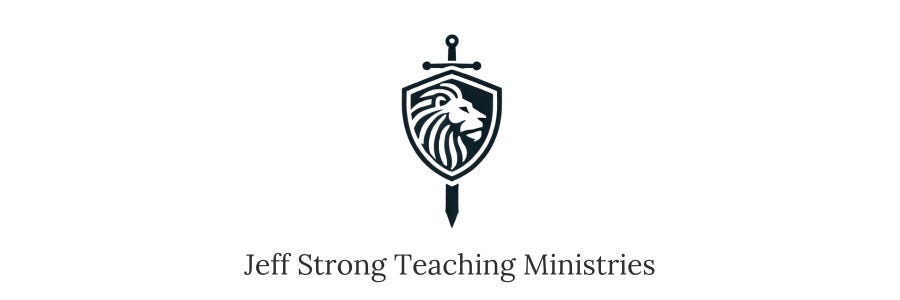“When Jesus landed and saw a large crowd, he had compassion on them, because they were like sheep without a shepherd. So he began teaching them many things.”
—Mark 6:34
Early in his ministry, Jesus was already being followed by crowds. Thousands of people were hungry for something. Some wanted healing. Others were spiritually curious. Many simply didn’t know what they needed; they only sensed that something awakened in them when Jesus was near. And when he stepped off the boat that day, he saw them all. But he did not see them as a burden, nor as a nuisance. He saw them as sheep without a shepherd.
To his Jewish audience, that phrase carried deep meaning. In Scripture, sheep without a shepherd signaled people in danger, wandering and vulnerable. Moses used it when asking God to appoint someone to lead Israel. The prophets used it to call out leaders who had abandoned their responsibilities. Without a shepherd, sheep have no direction. They lack protection and guidance. They are exposed and at risk.
Jesus looked at the crowd and saw their weariness and disorientation. He felt compassion for them. And then, unexpectedly, he began to teach. He did not perform a miracle or feed the multitude—he taught them. That moment points to a core truth about what we are made for.
We often look for relief from our pain or quick solutions to our confusion. But Jesus knew the crowds needed more than temporary help. They needed to be grounded in truth. For Jesus, teaching was not just an intellectual act. It was an expression of care. He knew they needed wisdom, not just wonder. A voice they could trust, not just a moment of inspiration.
To be shepherded is to be taught, formed, and discipled. A true shepherd doesn’t just protect—he guides. He doesn’t merely comfort—he corrects and shapes. Jesus steps into the crowd’s confusion not with spectacle, but with substance. His teaching was the beginning of their healing because it pointed them back to the path they didn’t know they had lost.
This passage challenges us in similar ways. In the culture we live in, we are often taught to resist leadership and reject dependence. The image of being a sheep can feel uncomfortable at best and offensive at worst. It suggests need, vulnerability, and surrender. But the honest truth is that we were never meant to live without guidance. We were not made to be our own shepherds.
The spiritual posture of the current age scoffs at the idea that we need a Shepherd over us. After all, we’re told:
Autonomy is king.
Truth is relative.
Authority is suspect.
But the way of the Kingdom is different. It starts with surrender and leads to deep security.
Jesus is that shepherd. He does not force his way into our lives. He does not lead with threats or shame. He invites us. He teaches with grace. He meets our confusion with clarity and our anxiety with truth. His voice leads us not just out of crisis but into fullness of life.
So we are not just left with a gentle invitation. We are faced with a hard truth: this passage does not suggest, but declares that we are sheep without a shepherd. That is how Jesus sees the crowd, and by extension, how he sees us in our lostness, confusion, and longing.
The question is whether we can see and accept that truth too. Can we admit our need to be led? Can we recognize that we are not as self-sufficient as we like to believe?
This is not something we resolve with intellect alone. It is a truth we come to by honesty and humility. It often rises quietly, in moments of fatigue or frustration, when our efforts to direct our own lives begin to falter.
Maybe you’re there now. Maybe you’re starting to feel the strain of always having to find your own way, carry your own load, answer every question, and hold everything together. Maybe the self-shepherding that once felt empowering now feels exhausting.
If so, hear this: Jesus offers not just rescue but direction. His leadership is not controlling or cold. It is personal, wise, and good. And it begins with his voice—spoken gently into the places where we’ve grown weary from leading ourselves.
There is a better way. It begins not with striving, but with surrender. Not with proving ourselves, but with receiving grace. And in that place of grace, love, and forgiveness, we are finally free to follow.
A Prayer
Jesus, Good Shepherd, I admit how often I try to set out on own way, and resist being led. But over and over I discover I need a Shepherd. I’m tired of trying to shepherd myself. I turn to you. Teach me the truth about who you are, who I am, and how I’m meant to live. Lead me in your ways. Help me to hear and trust your voice more than any other. Amen.






